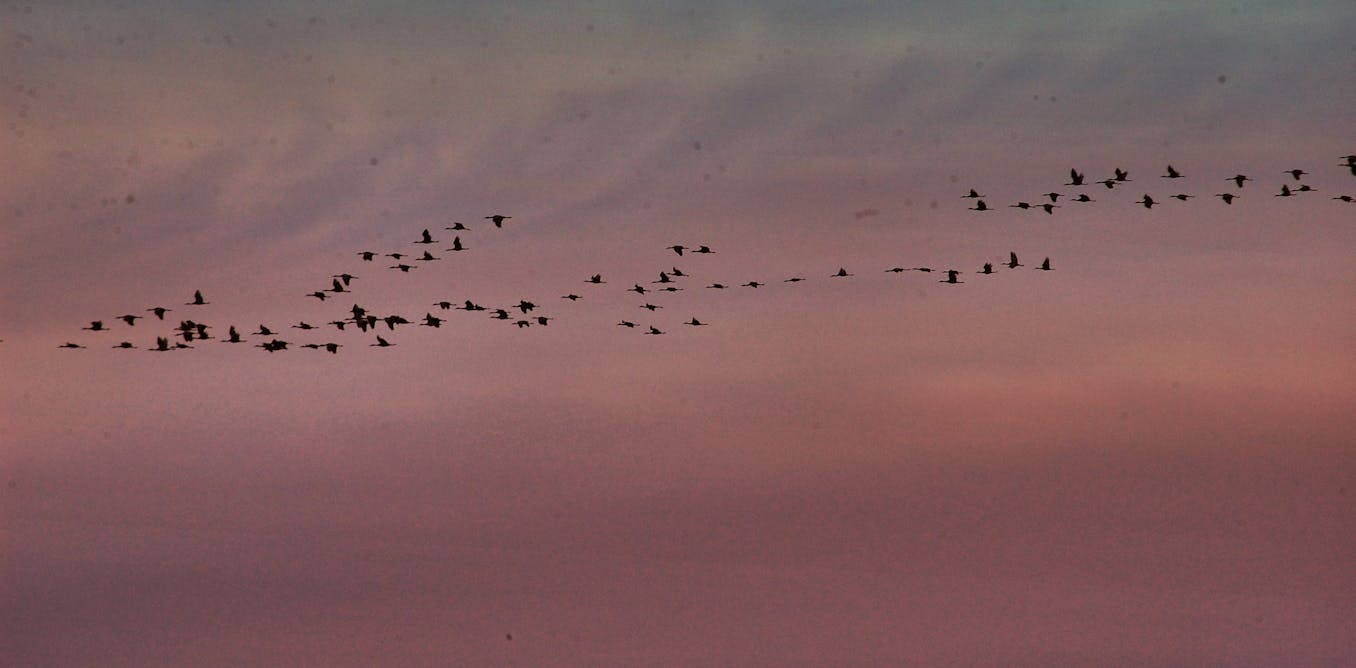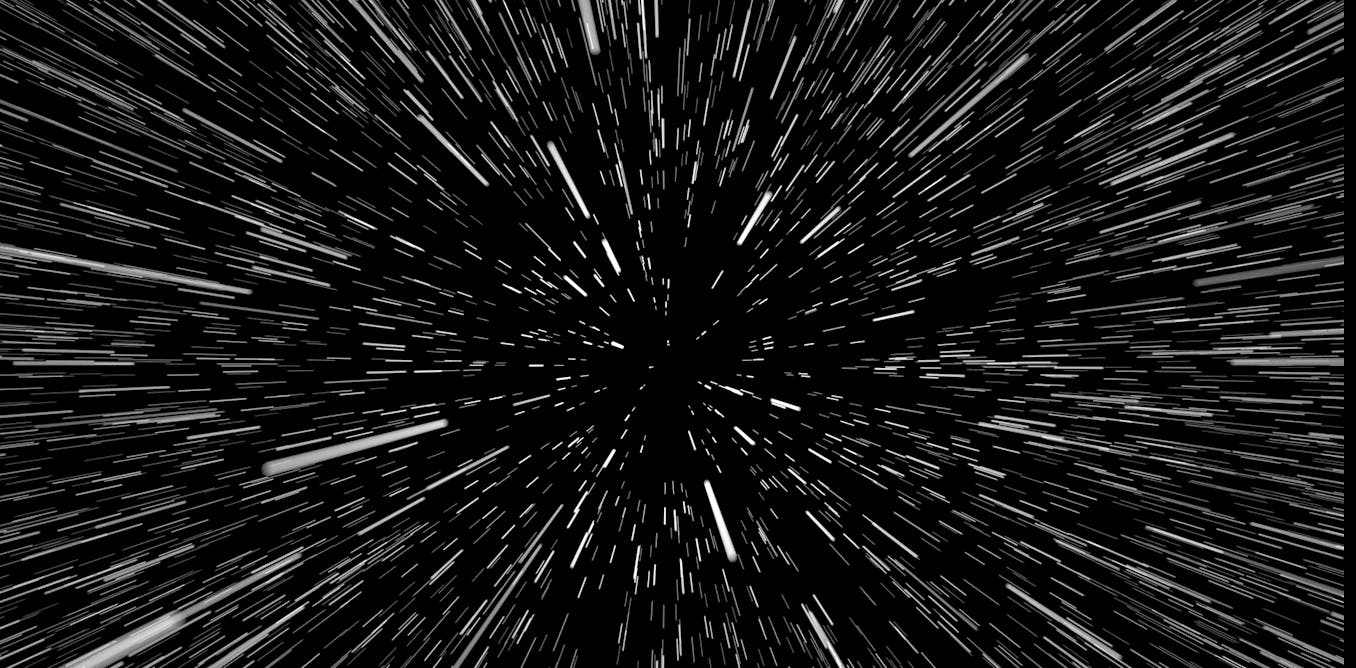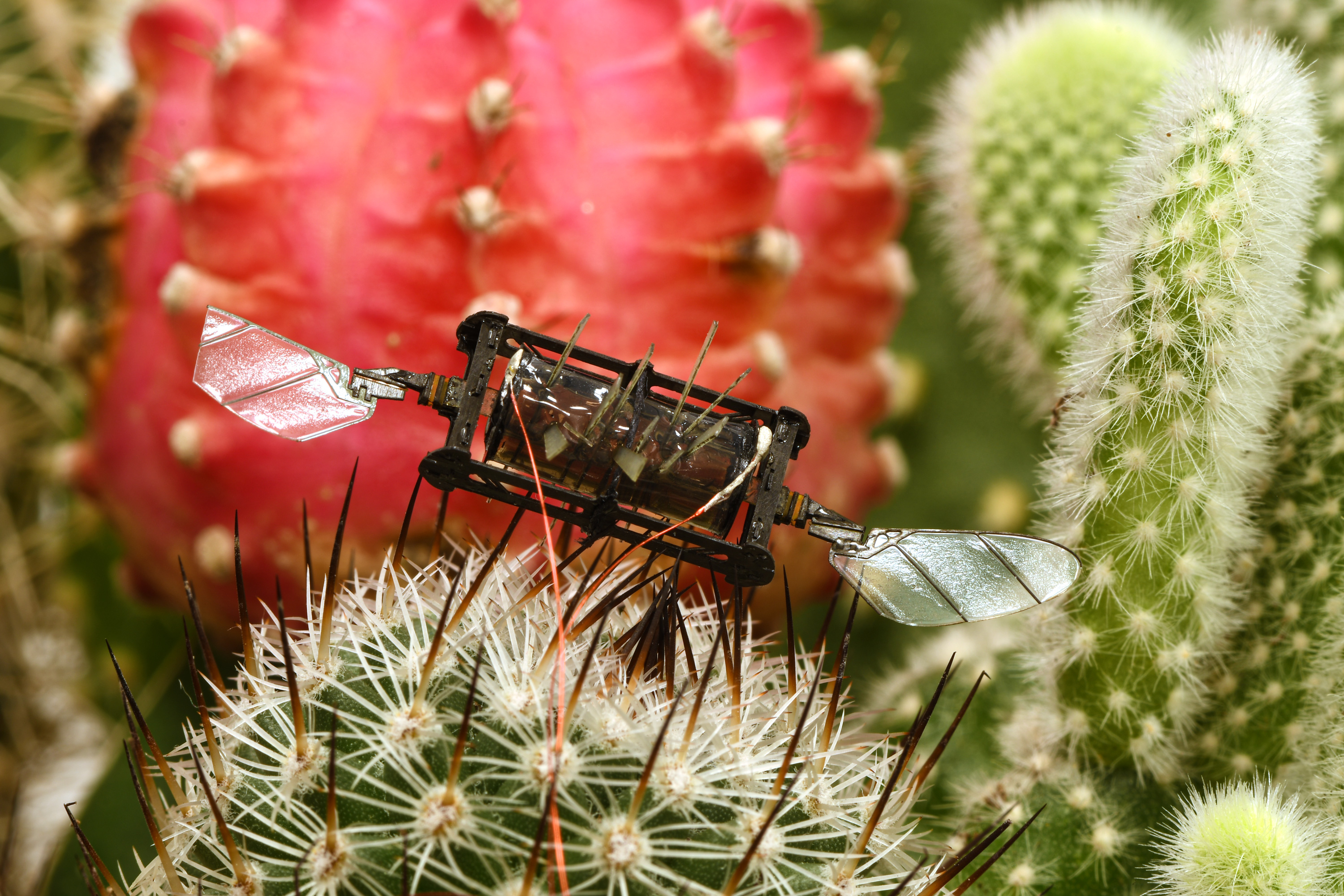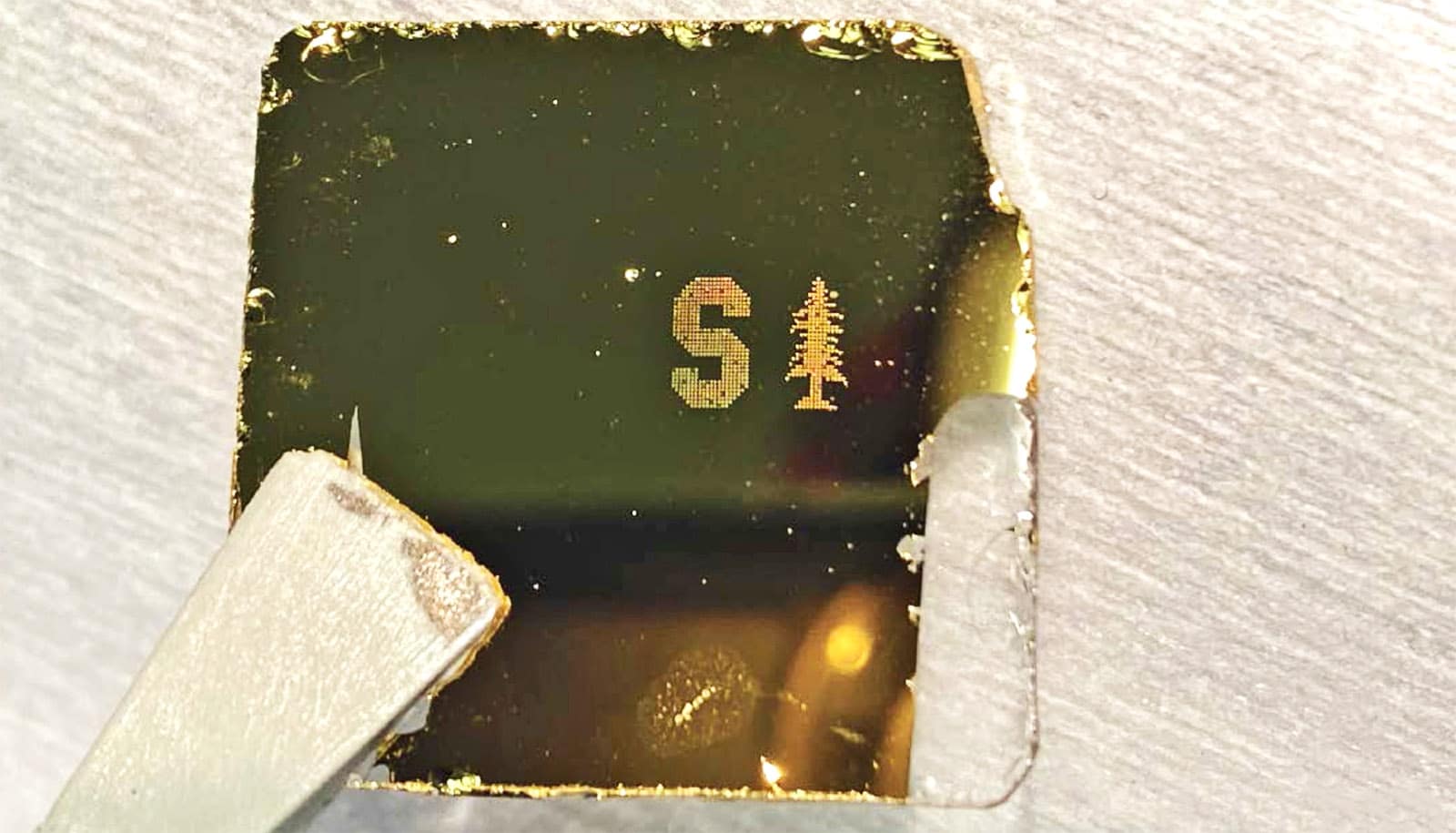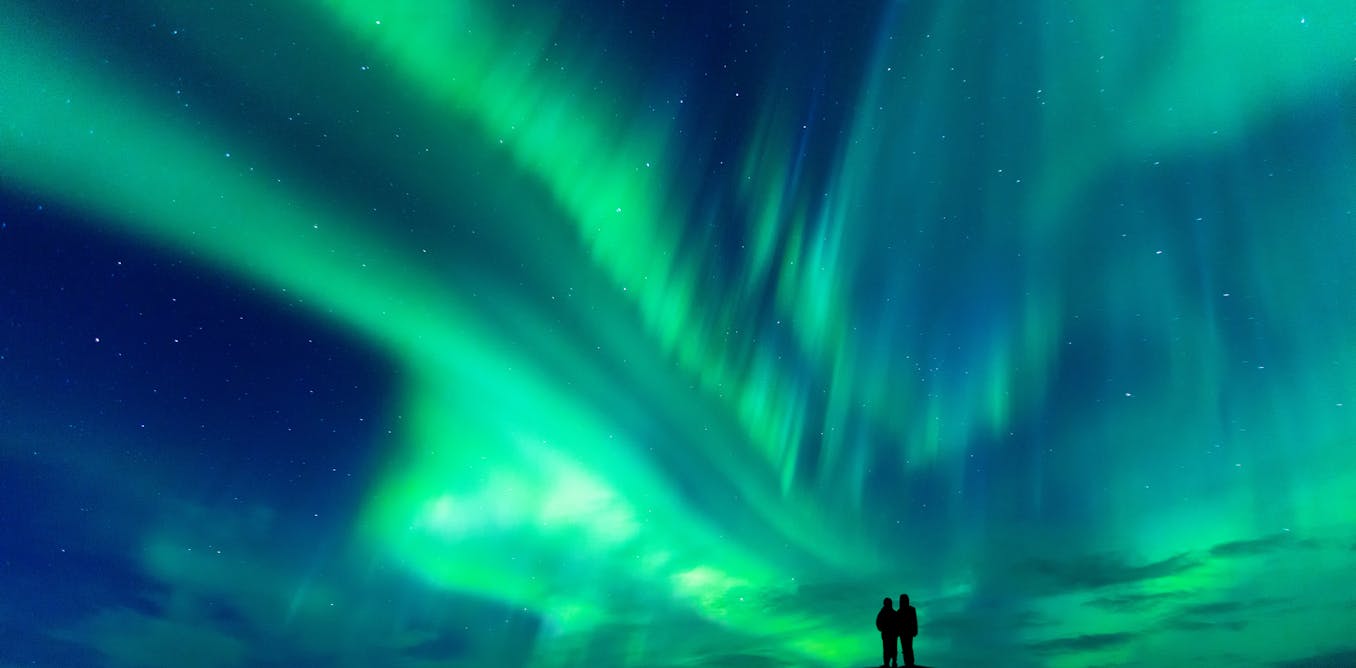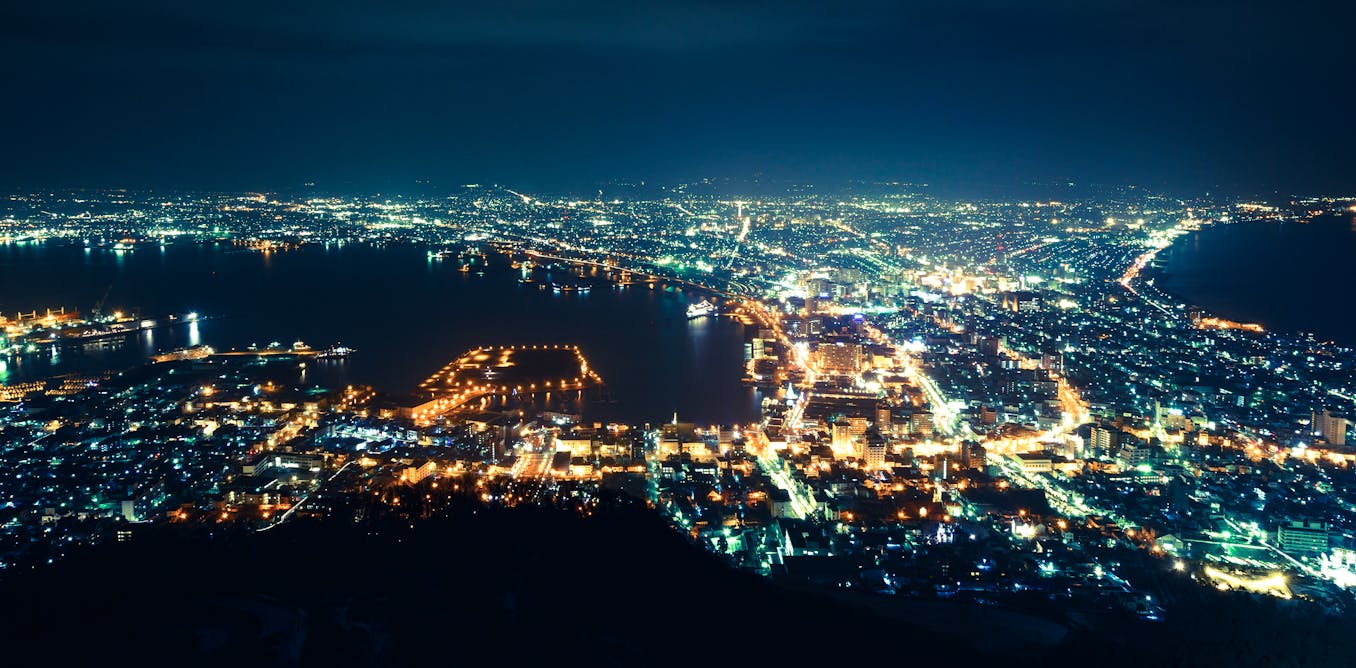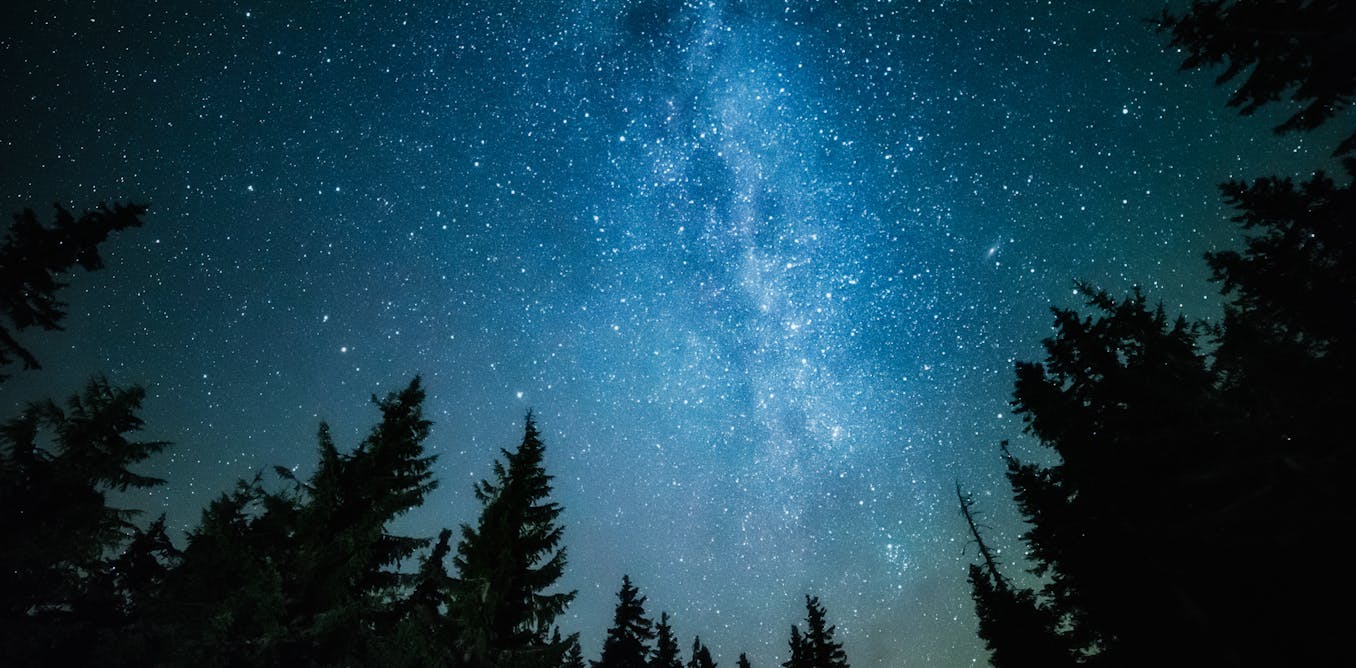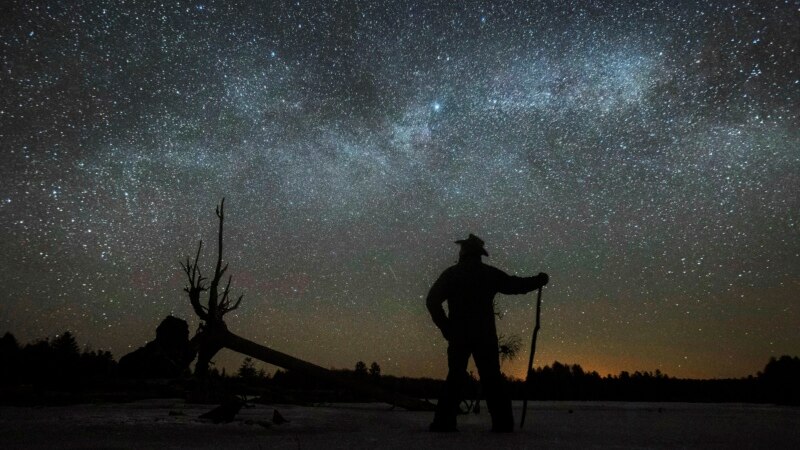Scientists are using machine learning to forecast bird migration and identify birds in flight by their calls
Machine learning may not seem to have much connection with wildlife, but it’s starting to play a central role in bird conservation.
March 23, 2023 • ~9 min

